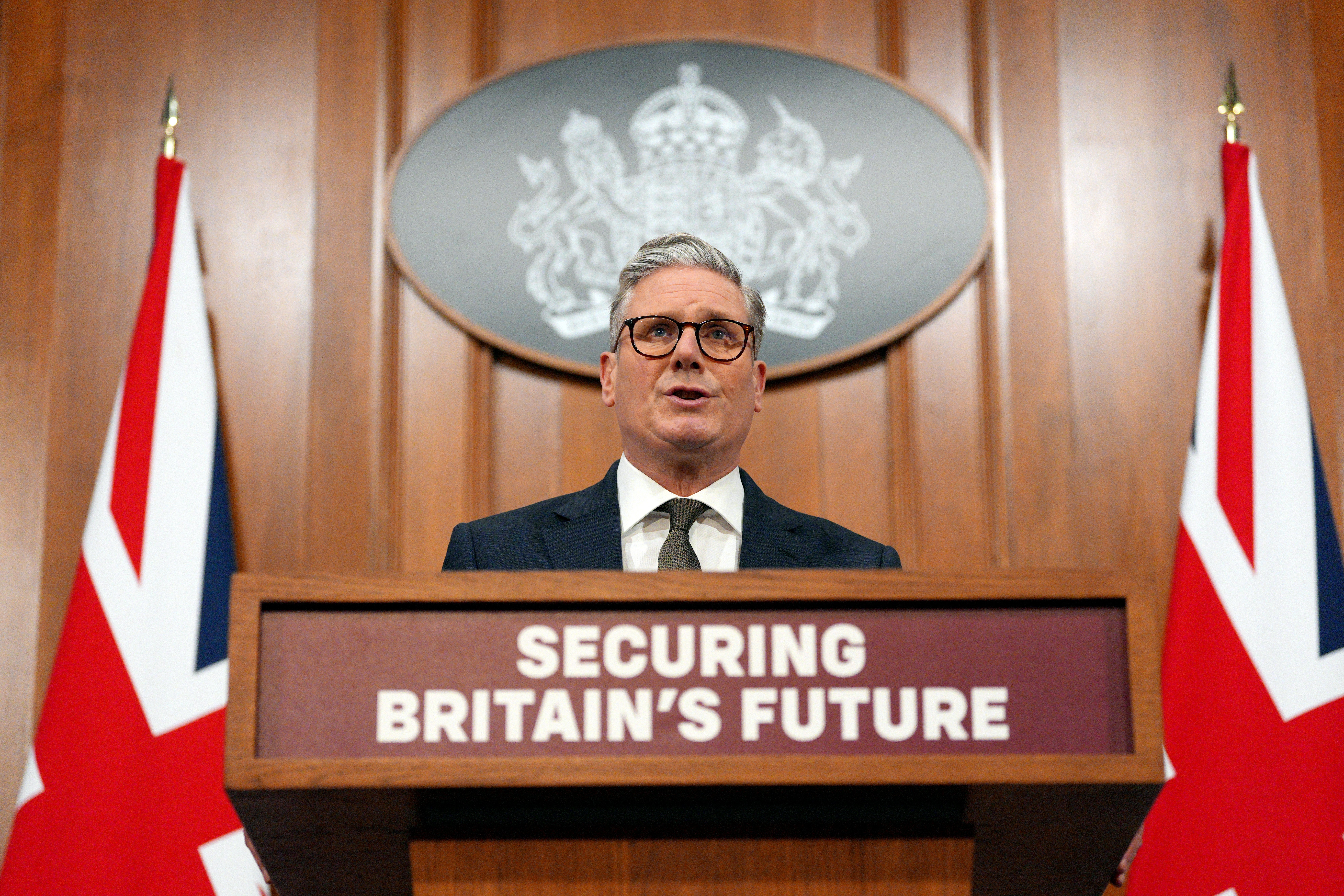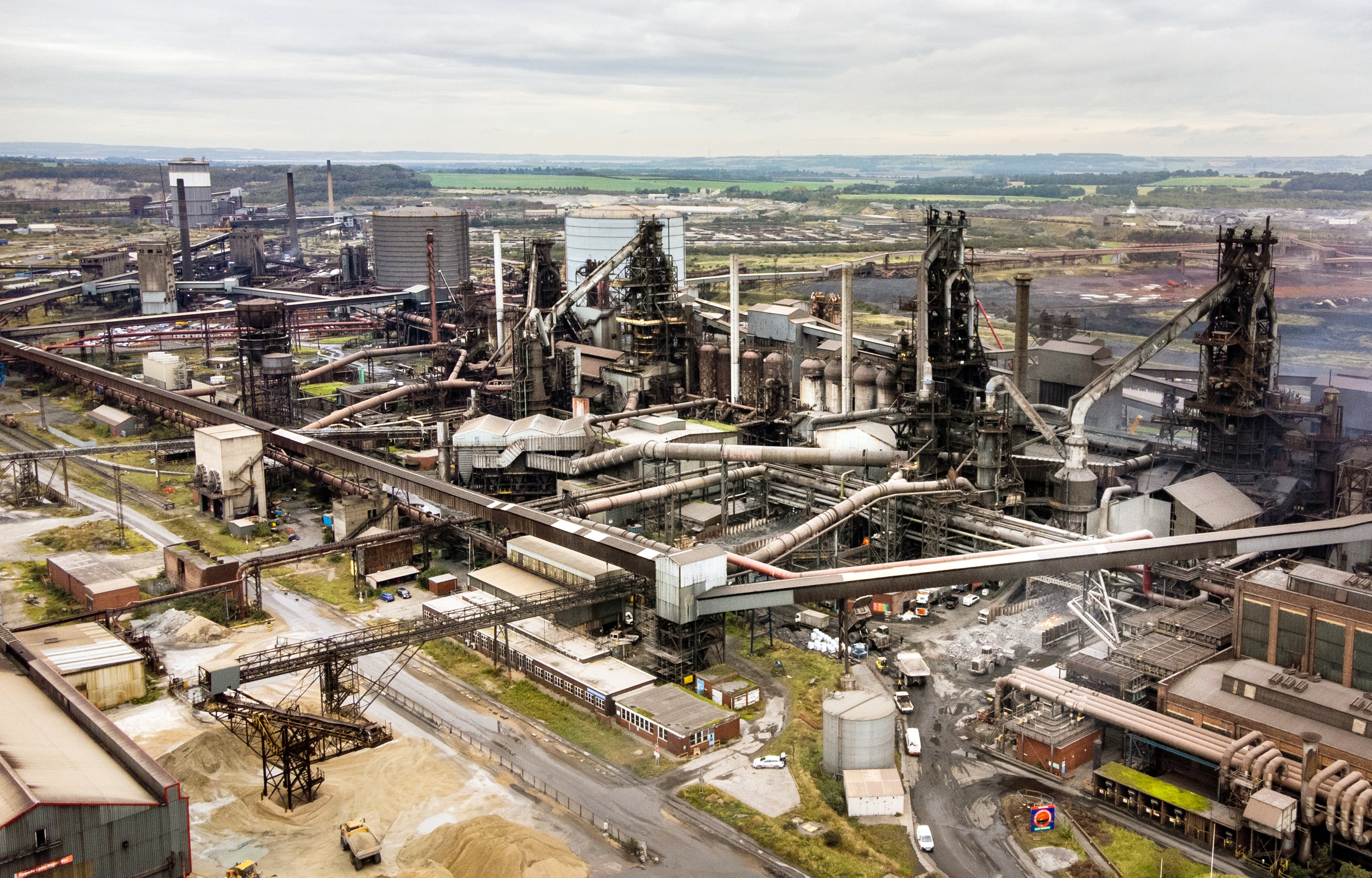The ministers accuse the Chinese owner of British Steel of trying to “irrevocably” close the altiforni

The ministers drastically accused British steelChinese owners to plan “irrevocably and unilaterally” have closed it While the parliamentarians supported an eleventh -time rescue plan.
During an emergency session on Saturday MPS has supported wide -ranging moves that will allow ministers to keep its furniture open in the Scithorpe plant in the hope that a new buyer can be found.
Although the move stops short of nationalization, the government has also admitted that the company “probably” will have to be taken in public ownership after Keir Starmer he warned the United Kingdom Economic and national security was “on the line”.
But a few hours before the parliamentarians met, the workers of the British Steel plant prevented the leaders of its owner Jingye to earn access to the key areas of the stars, Times reported.

The police were called on the scene and forced the managers to leave, the newspaper said.
The Humberside police subsequently confirmed that it had gone to the plant at 8.30, following a suspected violation of peace, but no arrests were made.
In the municipalities, the commercial secretary Jonathan Reynolds accused Jingye of trying to “close the British Steel furnaces” irrevocably and unilaterally “in Sciarthorpe.
He said to the parliamentarians that he was not doing anything was “an option” since, once authorized to cool, the furnaces could never be restarted.
He said Jingye, who bought British Steel in 2020, had rejected a “substantial” offer according to which the ministers would buy the raw materials necessary to keep the system open, guaranteeing “no loss” for the mother -a -school.
Instead, the contact of Jingye has requested “excessive quantity” of support.
He added that in the last few days he had become clear the intention of the company was to refuse to buy enough raw materials to make the Blast Furnaces and “and refuse to pay existing orders”.
“The company would therefore have irrevocably and unilaterally closed in primary steel at British Steel,” said Reynolds.
But mr Reynolds Recognized that nationalization was the possible “probable option” – after the minister of the sector Sarah Jones had not admitted that no company was currently willing to make an offer.
The government plan has substantial support between matches but the Conservative The work accused of having done a “pork breakfast” of the problem.
Many opposition parliamentarians have asked for a “sunset clause” on the legislation, that the spokesman for the liberal democratic treasure Daisy Cooper said that the ministers were giving “enormous and not bound powers, which could constitute a very dangerous precedent”.
Richard Tice di Reform told No10 to “show some courage” and to “be courageous” and: “Let nationalize British steel this weekend – and make British steel great”.
The commons debate also reopened the faults on other parts of the country whose industries have not received the same support.
David Chadwick, a deputy Welsh Lib Dem, asked the ministers “where was this urgency when the communities of Welsh steel were crying for support?”

Before the debate on the Municipalities, the conservative leader Kemi Badenoch accused the ministers of having “confused” an agreement that had negotiated with Jingye to modernize the British Steel operations.
But Mr. Reynolds denied that Labor had inherited an agreement, saying that he had been told to take charge “that there had been a lack of progress” as he contained Ms Badenoch to explain how much his agreement would cost.
She replied: “We hadn’t finished negotiation, so there was no amount, but she would have succeeded better than the terrible plan she now has”.
The previous Keir Starmer had delayed a family holiday to participate in the emergency session of Parliament.
No 10 confirmed that the prime minister intended to take the trip during the trip, which should be in southern Europe, but now he should start instead of starting on Sunday.
Sir Keir canceled a European summer holiday scheduled for August after the revolts broke out in the United Kingdom and tensions increased in the Middle East.
The emergency session was only the sixth time that Parliament was called on Saturday since the end of the Second World War.
The last time it was remembered during a parliamentary break on Saturday was after the invasion of Falkland in 1982.




